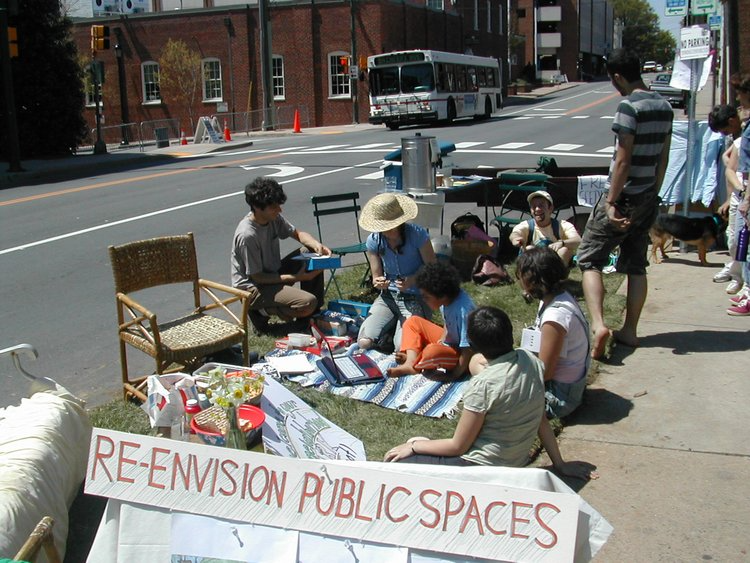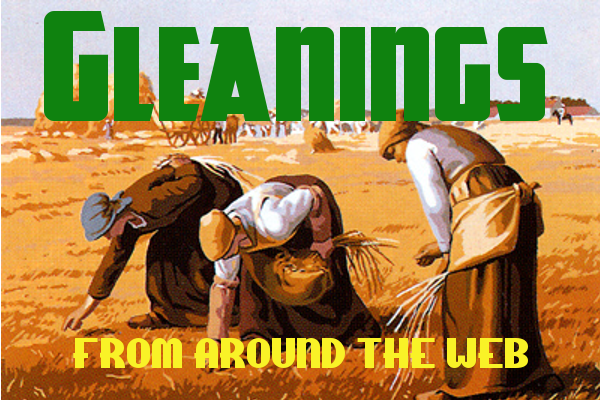
This week, Sky Blue writes about how intentional communities embody "anti-capitalist design" by creating alternatives for meeting needs outside of harmful systems, and why sharing is a powerful force for making positive changes to those systems, on both the personal and social levels.
Then a team of researchers from Italy share their findings on that country's "Worker Buyout" cooperatives, making use of a data set stretching back to 1985. The authors report on the co-ops' lifespans and survival rates, and analyze the part the two Marcora laws - which promote and finance worker co-op conversions - have played in creating Italy's co-op ecosystem.
Intentional Community and Capitalism
by Sky Blue
Capitalism isn’t just an economic system we live inside. It is a culture that lives inside of us. It influences our psychology, how we design our communities, how we relate to each other, the kind of culture we create, and what’s possible for us to do together.
Rescuing Firms in a Co-operative Way
by Bernardi, Cori, Granata, Lelo, & Monni
The research has led to establishing a sample, wider than any previously done in Italy, resulting from the analysis of data collected by the Legacoop’s Area Studi and provided by the main actors in the promotion and financing of WBOs (Cooperazione Finanza Impresa, COOPFOND, Federazione Trentina della Cooperazione) and the data published by Banca Etica and the Italian Network of Recovered Companies. This has led to being able to closely study the effectiveness and features of WBOs in Italy.
The Role of the Labor Movement in the Solidarity Economy
CUNY School of Labor and Urban Studies (Zoom) — There has been increasing attention on the role of the labor movement in solidarity economy as union leaders seek new ways to fight back against the increasing precarity caused by neoliberalism, automation and AI. As evidenced by the Union Co-op Model, unions and the labor movement more broadly can significantly support solidarity economy initiatives. Meanwhile, the solidarity economy movement can benefit workers and unions by developing community-based support networks that create long-term stability and community empowerment. How can these movements better collaborate? Where are the success stories? Where is there room for improvement?...
A Chat about the Social Economy with Beatrice Alain
Solidarity Hall — In 1995, following the near-success of Quebec’s second independence referendum, that province’s government fell into an economic crisis, partly because its separatism was perceived as making loans risky. The Quebec government responded by bringing together the major actors—business, labor, civil society—in order to collaborate on a way forward. As Beatrice Alain describes it, “we came together, as we typically do in Quebec. We have that ‘we’.”...
Paying for Care
Equal Care Coop — Starting a care service with limited resources is like dealing with a chicken-and-egg problem. You need both care workers and people who need care to get started, but you can't get one without the other; which comes first? We don't have the resources to hire a big team or to promise contracts to care workers right away, so we have to start small and grow slowly. We cannot guarantee care workers will always have enough hours to work. Likewise, we cannot guarantee that people who need care will always have a complete team of workers who can meet all their needs...
Food Shed Co-op Opening Day - May 15, 2024!
Food Shed Co-op — The Food Shed Co-op is a community-owned grocery store opening in Woodstock, IL on May 15, 2024. We will offer shoppers healthy food choices and the benefits of cooperation to grow a vibrant local community and more eco-friendly world. We will be collaborating with local farmers and suppliers to provide sustainable products, services and education to our community...
Like what you find on GEO?
Your tax-deductible contribution ensures that GEO can continue to provide independent grassroots content about the cooperative and solidarity economy movements.
Got something to say?
Let us know. Send your comments, suggestions, rants and article submissions to editors@geo.coop.
Follow us on Social Media
Mastodon: social.coop/@GEO_Collective
FB: facebook.com/GrassrootsEconomicOrganizing/
Twitter: twitter.com/@GEO_Collective
Our mailing address is:
Grassroots Economic Organizing
P.O. Box 115
Riverdale MD 20738-0115



